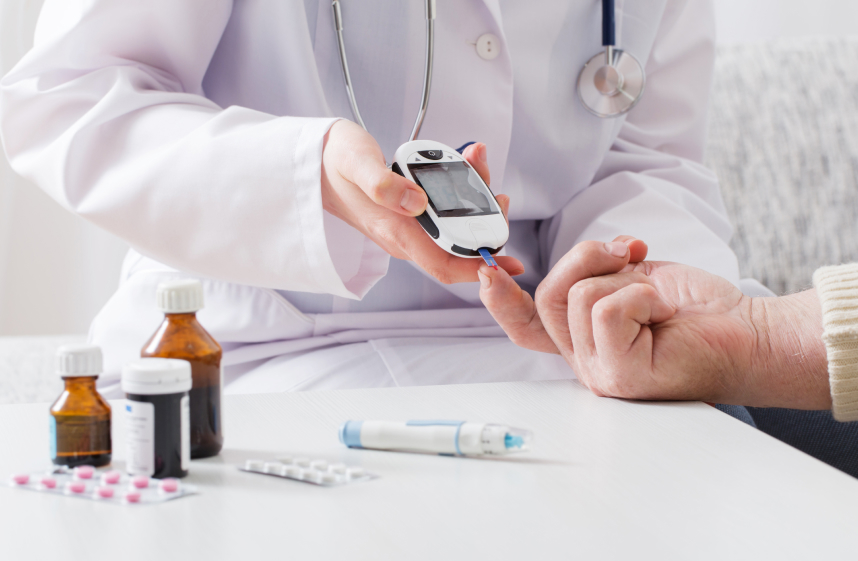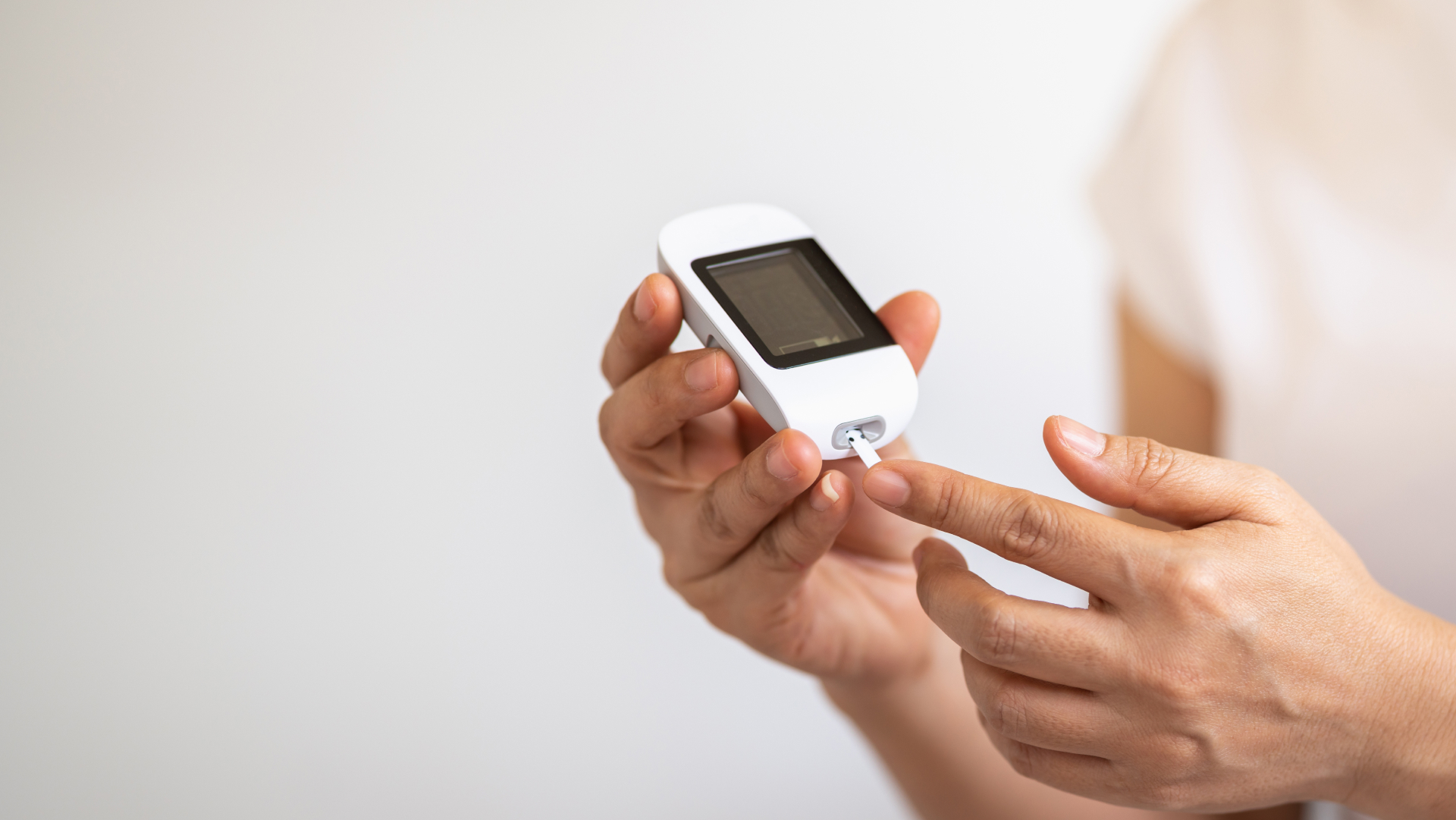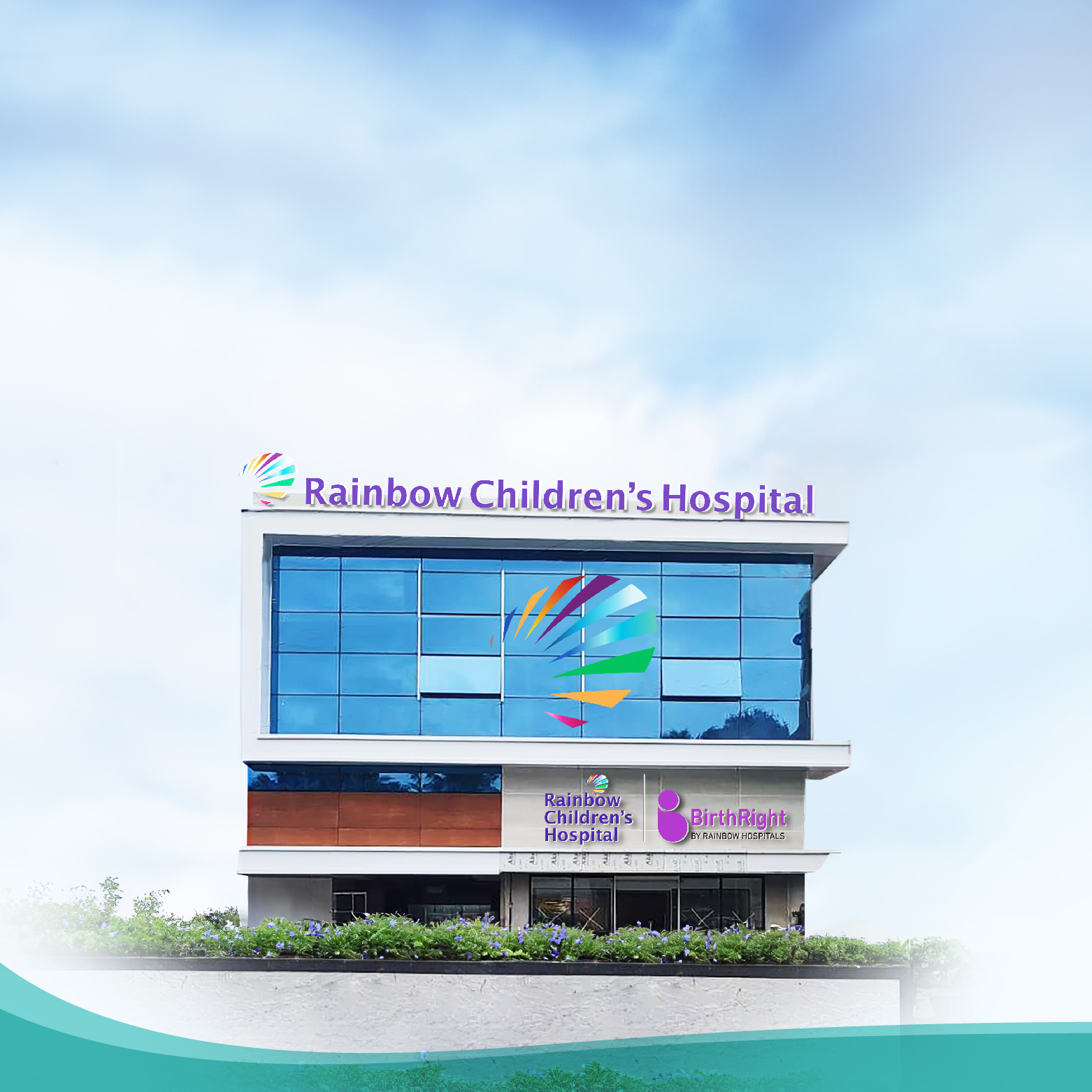Seamless support from diagnosis to post treatment care
Diabetes in Women
The Diabetology services offered at BirthRight by Rainbow Hospitals deliver customised and expert care for women with type 1 or type 2 diabetes, as well as those with gestational diabetes. Pregnancy combined with diabetes can potentially lead to additional complications. We are also dedicated to assisting women at risk of developing diabetes during their pregnancy. Our team is available not only during pregnancy but also before and after the childbirth.
Our primary objective is to support pregnant women with diabetes in maintaining healthy blood glucose levels, thus reducing the risk of diabetes-related complications. Each woman's care is individualized and unique. Managing both pregnancy and diabetes can be challenging, but a significant part of your success in diabetes management depends on your individual efforts, and our Diabetology team at BirthRight by Rainbow Hospitals is here to guide and support you.
Our team comprises diabetes doctors or endocrinologists, nurse educators, physiotherapists, and dietitians who collaborate closely with you and your obstetrician throughout your pregnancy. The Diabetology team at BirthRight by Rainbow Hospitals assists you in the following ways:
-
Educating you about your diabetes condition and instilling confidence in its management.
-
Reducing the incidence of diabetes-related complications for both you and your baby.

Find a Doctor
Expertise you can trust, Meet our esteemed doctors who bring exceptional knowledge, compassion, and innovation to provide top-notch care for your health and well-being.
Our Hospitals and ClinicsOur Hospitals and Clinics
Rainbow Children's Hospital stands as a testament to the hospital's continual pursuit of excellence and innovation, providing specialized care for women and children.
Request a Call back
Tap to Fill FormRequest a Call back
Blogs
Discover our most recent health articles provided by our reliable experts.
What Are People Saying About Us
Embark on a journey of inspiration and hope with our patient success stories, complemented by informative videos from our dedicated doctors.
Birth defects
High blood pressure
Hydramnios: This is a condition in which the amniotic sac surrounding the fetus has a high amount of amniotic fluid content. It can result in preterm delivery and labor.
Macrosomia or extremely large fetus: As a result of receiving excessive glucose from the mother, the fetus can grow excessively large. Delivery becomes more difficult when the fetus is large. There is also an increased risk of needing a C-section in the case of a large fetus.
Diabetes during pregnancy can be managed by medications, exercise and multiple other ways. Your doctor can guide on the options available according to your case.
For women having diabetes, breastfeeding is highly recommended. It gives healthy nutrition to the baby and is good for the mother too. :12929, 3,, 15 Merriweather For women having diabetes, breastfeeding is highly recommended. It gives healthy nutrition to the baby and is good for the mother too.
Quick Links
- Best Women Diabetologists In Hyderabad
- Best Women Diabetologists In Bangalore
- Best Women Diabetologists In Delhi
- Best Women Diabetologists In Chennai
- Best Women Diabetologists In Vijayawada
- Best Women Diabetologists In Vizag
- Best Women Diabetologists In Kondapur
- Best Women Diabetologists In Hyder Nagar
- Best Women Diabetologists In Secunderabad
- Best Women Diabetologists In Hebbal
- Best Women Diabetologists In Banjarahills
- Top Women Diabetologists in India
- Women Diabetologists near me in Banjarahills
- Women Diabetologists near me in Kondapur
- Women Diabetologists near me in Hyder Nagar
- Top Women Diabetologists In Kondapur
- Women Diabetologists near me in Secunderabad
- Best Diabetes Specialist in Sarjapur Road, Bengaluru
- Best Diabetes Specialist in Himayatnagar, Hyderabad
- Best Diabetes Specialist in Anna Nagar, Chennai






















































